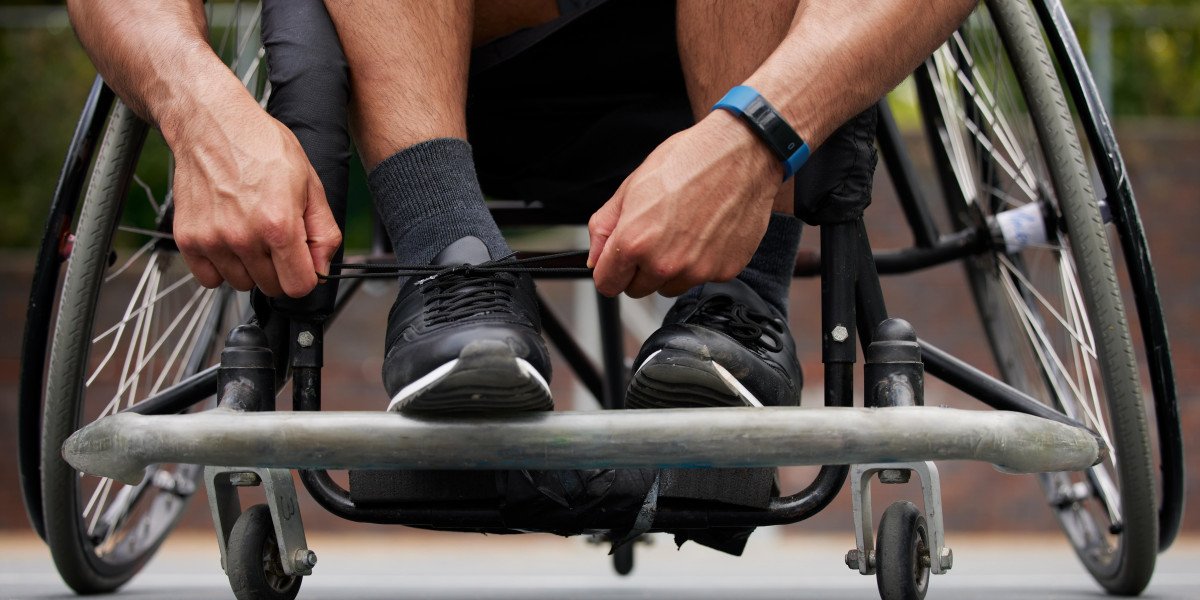Understanding the UK Driver's Licence: A Comprehensive Guide
Acquiring a driver's licence in the United Kingdom is a significant milestone for numerous individuals. It not only signifies self-reliance but likewise offers greater liberty in personal and expert aspects of life. This article aims to supply an in-depth introduction of the UK driver's licence, including how to apply, different kinds of licences, and different policies connected to driving in the UK.
Introduction of the UK Driver's Licence
In the UK, a driver's licence is an official file that permits a specific to operate automobile on public roadways. The driving licence system in the UK is structured and controlled by the Driver and Vehicle Licensing Agency (DVLA).
Types of UK Driver's Licences
The UK uses several kinds of driving licences, each tailored for different classifications of cars. These consist of:
Provisional Licence:
- Age Requirement: Minimum of 17 years
- Allows learners to drive under particular conditions.
- Can not drive without a certified driver accompanying them.
Complete Licence:
- Issued when a person has passed both the theory and practical driving tests.
- Different categories available based upon vehicle types:
- Category B: Cars
- Category A: Motorcycles
- Classification C: Large items automobiles
- Classification D: Buses
International Driving Permit (IDP):
- Required for driving in some foreign countries.
- Released to UK licence holders at Post Office branches.
Momentary Licences:

- For individuals who may have lost their licence or are awaiting updates on their current licence.
The Application Process for a UK Driver's Licence
Using for a driver's licence in the UK includes a number of actions, whether for a provisionary or complete licence. Here are the necessary actions in detail:
Step 1: Obtain a Provisional Licence
- Eligibility: Individuals should be at least 17 years old to apply.
- Application: Applications can be made online by means of the DVLA site or through paper kinds offered at post workplaces.
- Files Required:
- Proof of identity (passport or another official ID).
- National Insurance number (if available).
- A postal address in Great Britain.
Action 2: Study for the Theory Test
- Content: The theory test consists of multiple-choice questions and a danger understanding test.
- Preparation: Various resources are readily available, consisting of online courses, apps, and books that help in preparation.
Step 3: Pass the Theory Test
- The theory test should be cleared before trying the practical driving test.
Step 4: Practical Driving Test
- Learning and Instruction: A person can take driving lessons with a qualified instructor or discover with an authorized accompanying driver.
- Reserving the Test: Once confident in driving abilities, prospects can schedule their useful test online.
- Test Components: The useful test evaluates driving abilities, maneuvers, and real-world driving conditions.
Step 5: Receiving the Full Licence
- After effectively passing the practical driving test, the DVLA will issue a complete driving licence, which allows people to drive individually.
Guidelines and Regulations
Keeping a legitimate driving licence in the UK requires adherence to a number of guidelines and guidelines:
- Renewal: Licences should be renewed every 10 years. Renewal can be done online or via paper application.
- Points System: The UK employs a penalty points system. Certain traffic offenses result in points being included to a driver's licence, which can cause severe consequences if the build-up surpasses a particular limitation.
- Medical Conditions: drivers licence uk - Www.mauriciostakley.top - should inform the DVLA of any medical condition that could affect their capability to drive.
Typical Challenges in Obtaining a Licence
Getting a driver's licence can in some cases be challenging. Here are some common difficulties dealt with by aspiring drivers and recommendations on how to tackle them:
- Nervousness During Tests: Many prospects experience anxiety throughout their theory or dry runs. It is suggested to take mock tests or participate in session to build confidence.
- Failure to Pass Tests: If a private fails their tests, they can retake them after a particular waiting duration. Preparing with extra driving lessons or research study materials can help in subsequent attempts.
- Understanding Rules: The complexities of road rules and guidelines might be overwhelming. Enrolling in a trusted driving school can supply clarity and insight into these regulations.
FAQ Section
1. The length of time does it take to get a driving licence in the UK?The timeline differs based upon the individual's knowing pace. Usually, attaining a complete licence can take a few months, including finding out time and the waiting duration for tests. 2. Can I drive while awaiting my full
licence?You can drive with your provisionary licence if accompanied by a certified driver who is at least 21 years of ages and has actually held a full licence for 3 or more years. 3. What do I do if I lose my driving licence?You can make an application for a replacementlicence by means of the DVLA site or through post, offering required recognition and paying the required cost. 4. Just how much does it cost to get a driver's licence in the UK?Costs can differ substantially but generally include application costs , the theory test cost, useful test costs, and driving lessons. Overall, it may total thousands of pounds, depending upon specific situations. 5. Exists a minimum variety of lessons I must take?There is no official minimum variety of lessons mandated. However, taking lessons until you feel confident is a good idea. Getting a driver's licence in the UK is a gratifying process that opens the door to mobility and freedom. By comprehending the steps included, the kinds of licences readily available, and the guidelines governing driving, prospective drivers can browse the system successfully. Whether one is a student or an experienced driver, staying informed on the most recent guidelines and best practices is vital to ensure safe and responsible driving within the UK.








